Liposuction surgery can indeed help with local weight loss, but it is not a universal method for weight loss and is suitable for specific populations with certain risks. Liposuction removes fat cells through physical means, but it cannot solve the fundamental problems of obesity, such as metabolic abnormalities or unhealthy lifestyle habits. The key to successful weight loss lies in combining a healthy diet, regular exercise, and good lifestyle habits.
1. Principle and Effect of Liposuction Surgery
Liposuction surgery is the physical removal of fat cells in specific areas through negative pressure suction technology, including the abdomen, thighs, buttocks, etc. The surgical effect is immediate and suitable for people with severe local fat accumulation and relatively stable weight. But liposuction can not reduce the body fat, nor can it improve the health problems caused by obesity, such as hypertension, diabetes, etc. If diet and exercise are not taken care of after surgery, the remaining fat cells may still increase, leading to weight rebound.
2. Target Population and Risks of Liposuction Surgery
Liposuction is suitable for individuals with normal or slightly higher body mass index (BMI) but significant local fat accumulation. Not suitable for people with severe obesity, loose skin, or cardiovascular disease. Surgical risks include infection, bleeding, fat embolism, etc. postoperative skin roughness, numbness, or pain may occur. Choosing a reputable hospital and experienced doctors is crucial, and a comprehensive evaluation should be conducted before surgery to ensure that the physical condition is suitable for the surgery.
3. Recovery and precautions after liposuction
After surgery, it is necessary to wear shapewear to help the skin contract, avoid vigorous exercise, and keep the wound clean. Diet should reduce the intake of high calorie and high-fat foods, increase the intake of protein and vitamins, and promote wound healing. Avoid heavy physical labor within 1-2 weeks after surgery, undergo regular check ups, and observe recovery. After surgery, it is still necessary to adhere to a healthy lifestyle to prevent fat from accumulating again.
4. Alternative solutions for healthy weight loss
For people who are not suitable for liposuction or wish to lose weight in the long term, a healthy diet and regular exercise are safer and more effective choices. In terms of diet, it is recommended to adopt a Mediterranean diet or a low carbohydrate diet to control daily calorie intake. In terms of exercise, aerobic exercises such as running and swimming combined with strength training such as squats and plank supports can increase metabolic rate and promote fat burning. Maintaining good sleep and reducing stress also contribute to weight management. Liposuction surgery can serve as an auxiliary method for local weight loss, but it is not the ultimate solution for weight loss. Long term maintenance of a healthy weight requires starting with diet, exercise, and lifestyle habits, and establishing a scientific lifestyle. For those considering liposuction, it is recommended to fully understand the surgical risks and effects, and make rational choices based on their own situation.

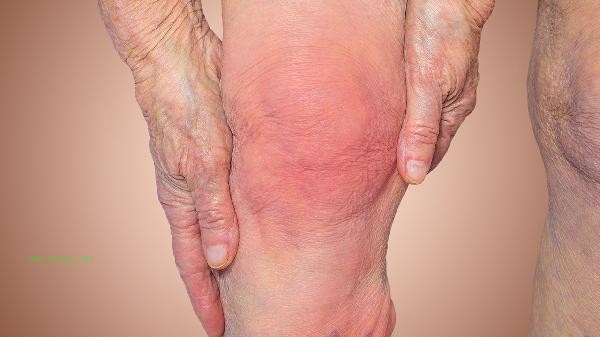
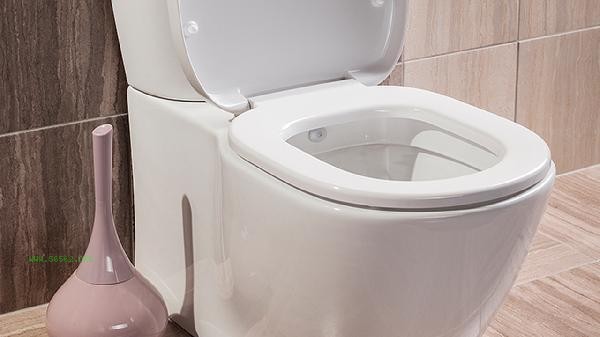
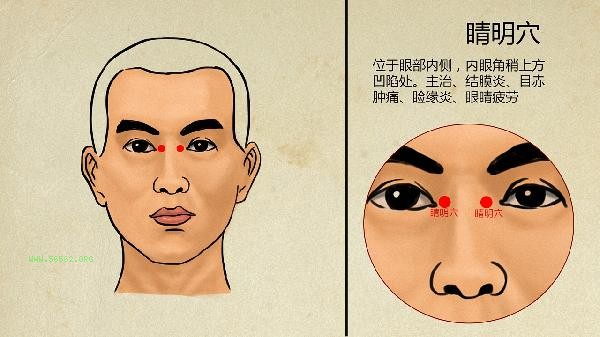
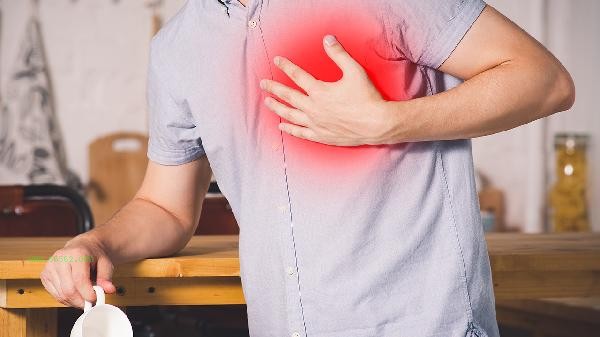
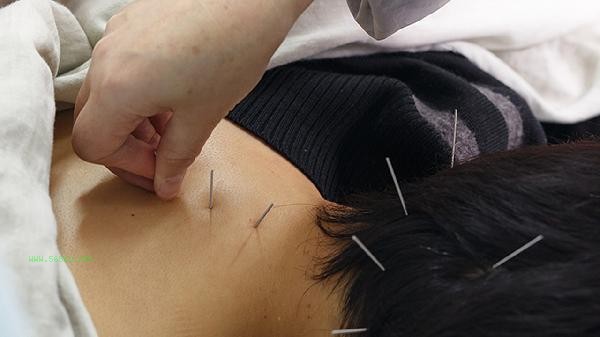



Comments (0)
Leave a Comment
No comments yet
Be the first to share your thoughts!